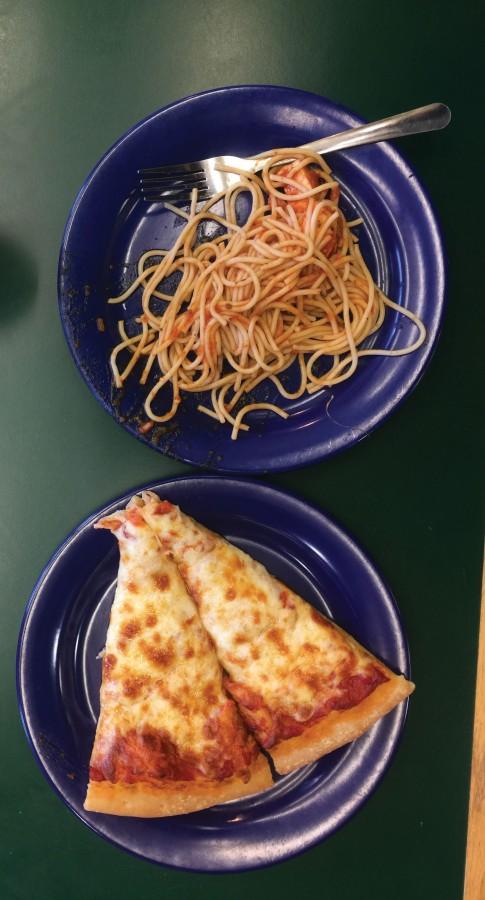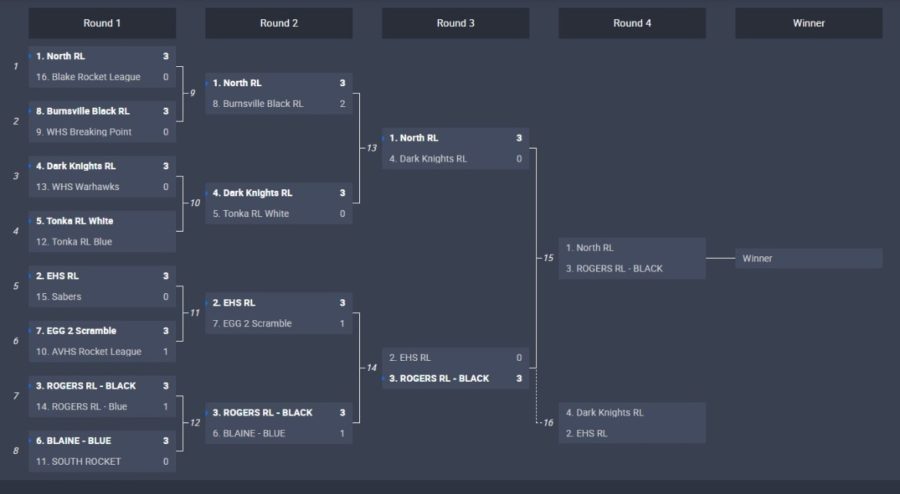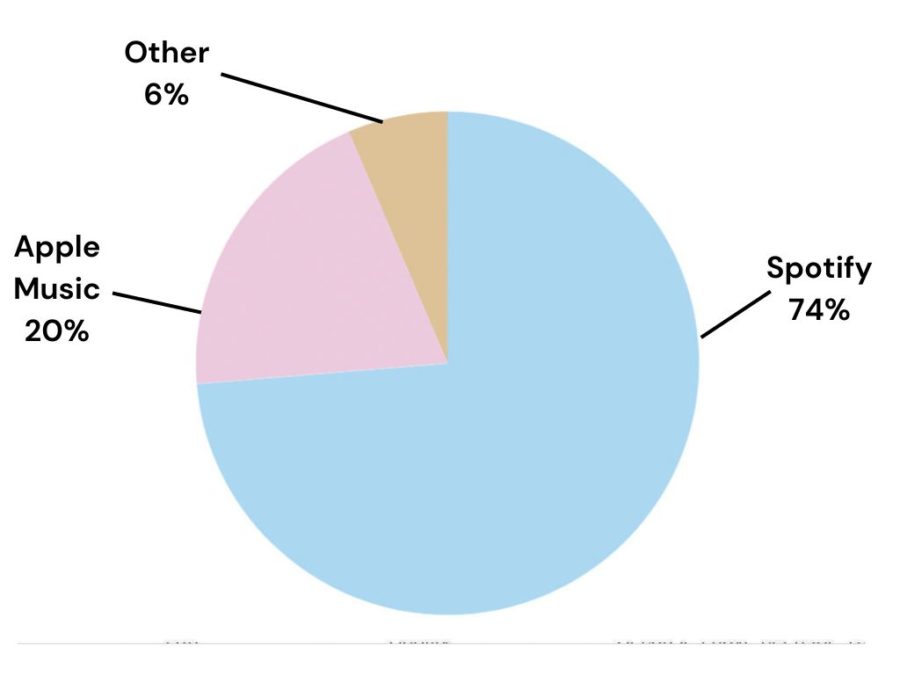The saying “your eyes are bigger than your stomach” is often used when someone takes more food than they’re able to eat. In some cases, such as if someone is “carbo-loading” or naturally burning a lot of calories through various activities, it’s actually important for people to eat as much food as they’re putting on their plate. How many nutrients are needed per day changes with age, size, sex, and activity.
Regardless, there are many ways to monitor nutrient levels with number of meals versus quantity of food at meals. “There are a lot of theories about whether the three meals a day is enough,” says health teacher Cris Larson. “I would be more of a proponent of more frequent small meals, and that’s what works better for me, to keep the blood sugar level and things like that more constant.”
High school students are generally recommended to eat around 2000 calories per day, depending on factors such as size, activity, and age. Physical activity in particular can change that number drastically. Grace Vojta ‘19, a very active athlete, says, “every once in awhile I’ll eat a snack between breakfast and lunch, and I usually eat before practice, so sometimes [I eat] five times [a day.]” This equates to somewhere in the high 2000s calorie-wise.
On the other hand, Kazu Kim ‘17, who isn’t quite as active, says, “these days I usually only eat two meals a day, during the weekdays especially. It’s hard to get breakfast in sometimes.” Calorie-wise this adds up to more like the low 2000s and possibly even lower depending on the type of food.
Quantity of food is important, but quality of the food is the other half of the puzzle. While many people have basic knowledge about what is “healthy” to eat and what isn’t, athletes tend to focus more on nutrition when trying to fit their body to best suit their sport. So not only do athletes eat more, but they will commonly eat a larger variety of foods and be very intentional with each specific food choice. In the end, it can all change from athlete to athlete, but, in general, athletes need more food to balance out how many calories they burn, and specific types of foods can help athletes get the right amount of energy and muscle recovery.















